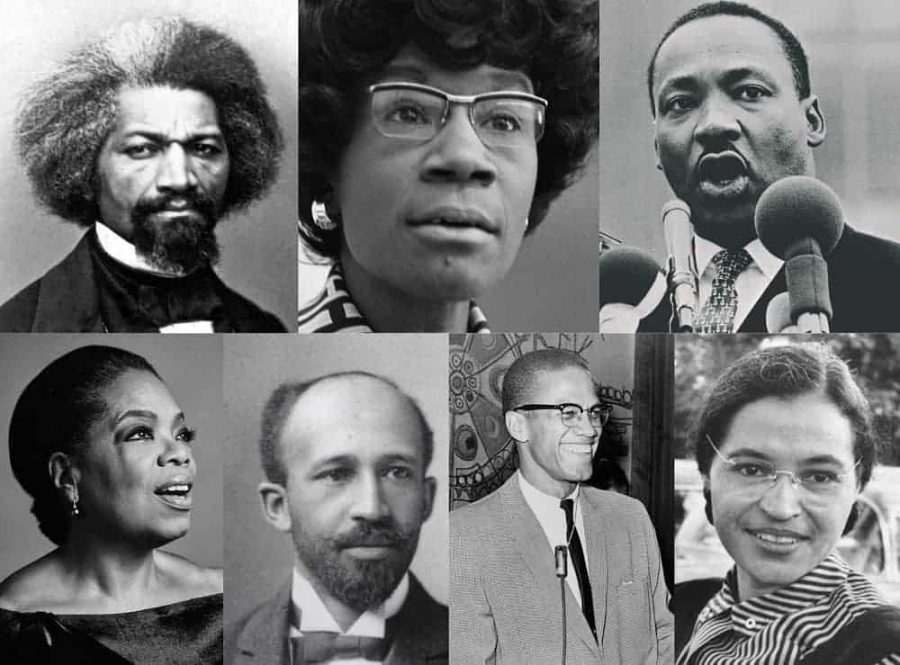American History is Black History
March 3, 2021
The lack and continuous erasure of Black History within the American curriculum is a problem that has been ignored for too long.
As to date, there are no federal requirements for teaching Black history in the United States. Very few schools have mandated and implemented Black history as a history subject within curriculums. A Utah school has allowed parents to opt out students from a Black History Month curriculum, which emphasizes the problem of Black erasure in our country.
We must remember that Black History is not all about slavery, but slavery had a immese impact that resides today. We can not simply skip by historical events and mention Black history only in the Civil War Unit or Reconstruction Unit. We can not ignore Black history up until Rosa Parks. No matter our race, we must not settle for such a distorted view of American History.
“If there is no struggle there is no progress. Those who favor freedom and yet deprecate agitation are men who want crops without plowing up the ground.” – Frederick Douglass
Black History is for everyone. Our country was built off slavery, went to war over slavery, and have yet to undertsand that we are the problem; not Black people.
Our country emphasizes on democracy, liberty, and equality: we truly have not lived up to those standards. Ironically Black Americans have relentlessly proven that they are the true freedom fighters in history.
Black History intersects in every aspect of US History. The Jim Crow Era, the Harlem Renaissance of the Roaring Twenties, and the civil rights movements are obvious examples, but Black History fits in more events and eras.
Our nation’s current problems with race intolerance would simply not make sense without historical context.
National Black History Month in February celebrates the contributions that African Americans have made to American history in their struggles for freedom and equality and deepens our understanding of our Nation’s history.
Black History Month recognizes the importance of Black individuals in forming our nation’s life and culture. Opening the eyes of millions of Americans to the struggle to attain true freedom and equal opportunity within our nation is essential. We must continue to celebrate and recognize the people who established such profound achievements to become closer to attaining equality.
It is imperative to contextualize events from various perspectives to portray the raw, true story. Emphasizing Black History within our everyday lives will provide all with a nuanced understanding of Black people’s political, historical, social, and cultural impact in addition to current day struggles.
Gaining knowledge and understanding of the past and present of Black history is essential in expanding our perspectives and perceptions of situations. Emphasizing how racism and inequality has affected the Black experience is the first step in progressing forward.
Continue to incorporate Black history within everyday experiences to deepen understanding and perspective.
Visit a Black History or Civil Rights Museum, support Black Businesses, donate to Black organizations, etc. after Black History Month. Discrimination and inequality does not rest; contuning to educate eachother will help society grow from past mistakes.
Acknowledge our history, and how it has affected Black History (and vice versa). Context matters.

